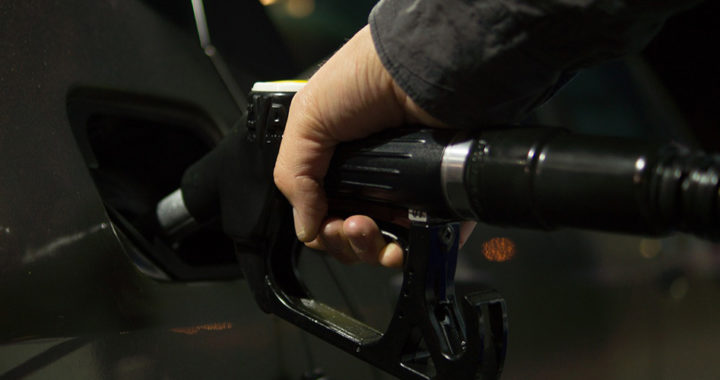Diesel fuel and petrol fuel are the two types of fuel used in the operation of specific types of internal combustion engines. As a general overview, diesel fuel is used in diesel engines while petrol or gasoline is used in gasoline engines.
What are the Differences Between Diesel and Petrol/Gasoline?
The primary difference between diesel fuel and petrol is chemistry. Diesel has more long-chain hydrocarbons while petrol has a shorter chain. Diesel is specifically made of alkanes with a chain length of 12 or more carbon atoms while petrol is made of a mix of alkanes and cycloalkanes containing 5 to 12 carbon atoms. This chemical characteristic makes diesel heavier and more energy dense than petrol.
A diesel fuel has about 15 percent more energy than petrol, thus providing diesel engines with their notable advantage of having a better fuel economy than gasoline engines. To be more specific, diesel has roughly 36.9 megajoules per liter while petrol has 33.7 megajoules per liter.
Emissions or byproducts collectively constitute another difference between the two. Diesel produces little amounts of carbon dioxide and carbon monoxide, though it produces higher amounts of nitrogen compounds and soot. Petrol does not produce soot although it produces higher levels of carbon-based gasses.
Due to the fact that diesel fuel is heavier due to its chemical composition, it is more viscous than petrol. The viscosity of diesel increases a lower temperature, thus making it susceptible to gelling and may hamper the operation of diesel engines at frigid weather. It also boils between 250 to 350 degrees Celsius.
Petrol is more volatile and flammable, as well as less dense and lighter than diesel. Its consistency does not easily change with temperature. However, it has a boiling point of between 40 to 205 degrees Celsius.
End-user price may vary. Note that the production costs of the two are essentially negligible. However, in some areas, diesel is more expensive because of the interplay between supply and demand. In other areas, petrol is about 15 to 20 percent more expensive than diesel.
Summary: The Differences Between Diesel Fuel and Petrol Fuel
The following is a summary of the differences between the two types of fuel:
• Diesel fuel works with diesel engines while petrol or gasoline works with gasoline engines
• Between the two, diesel is heavier and more energy dense because it has more long-chain carbon atoms
• Diesel produces less carbon-based gasses though it produces more suspended particulate matter or soot
• Petrol does not produce suspended particulate matter, but it produces more carbon dioxide and carbon monoxide
• At lower temperature, especially in frigid weather conditions, the viscosity if diesel increases. Petrol is not affected by weather conditions
It is hard to determine the price differences between the two because it varies depending on the area or region
• Consider the difference between a diesel engine and a petrol or gasoline engine to supplement the difference between the diesel fuel and petrol

